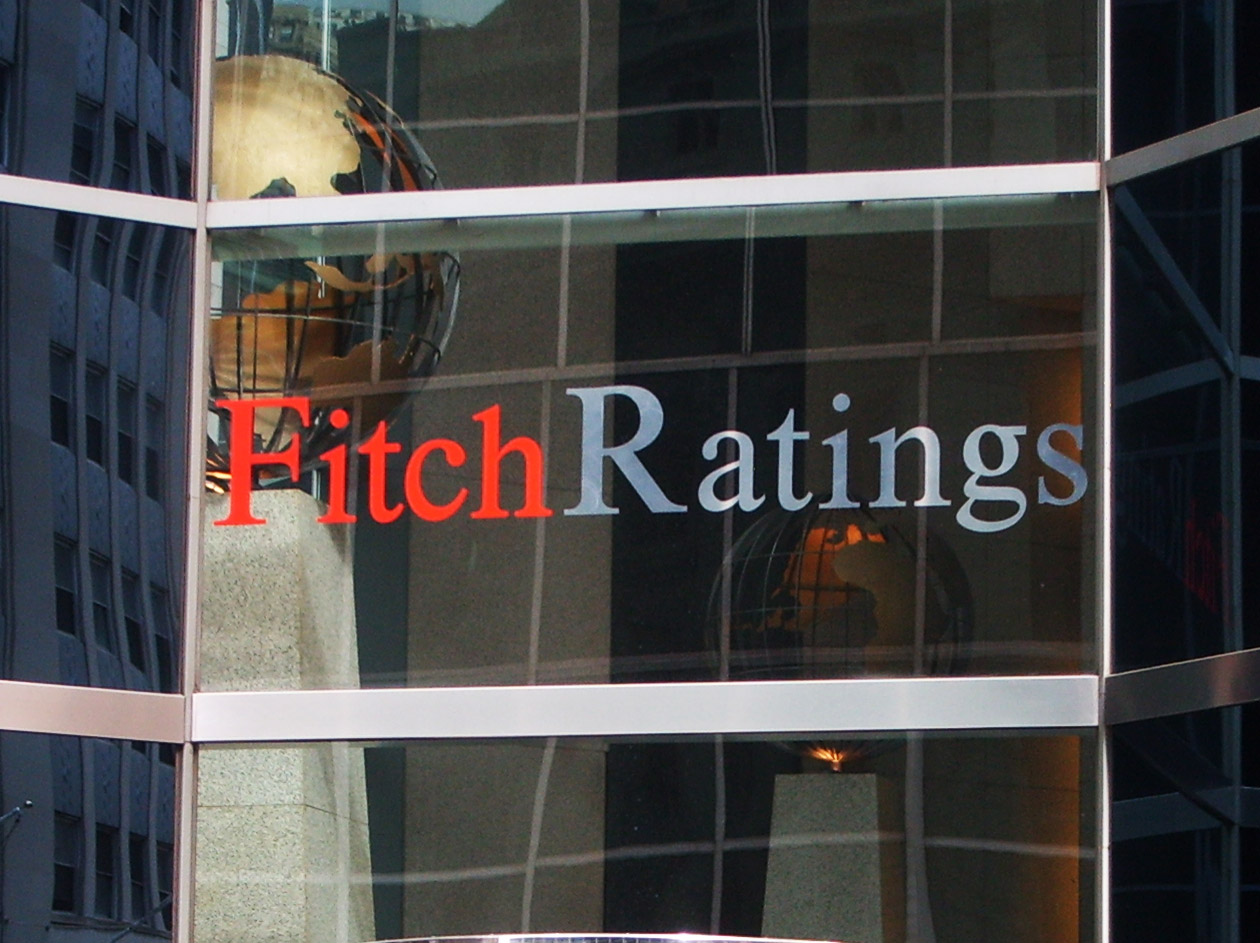Azerbaijan, Baku, June 25 / Trend /
Fitch Ratings has assigned Development Bank of Kazakhstan's (DBK) forthcoming Islamic Medium Term Note (IMTN) Programme a 'BBB-(exp)' expected rating.
The IMTN Programme expected rating is equalised with DBK's Long-term foreign-currency Issuer Default Rating (IDR). Assignment of the final rating is contingent upon receipt of the final documentation from the issuer. Fitch notes, however, that issues under the Programme may not necessarily be assigned a rating and the issues may not necessarily be assigned the same ratings as the rating of the Programme.
According to the draft terms outlining the transaction's preliminary structure, DBK will issue sukuk (Islamic bonds) with a total value of up to 1.5 billion Malaysian Ringgits (RM) (about USD470m) to fund purchases of commodities (crude palm oil) via a commodities exchange platform operated by the Malaysian stock exchange. The purchases will be financed by the proceeds of the sukuk, which will evidence the holders' ownership of the commodities.
Once the commodities are sold back on the exchange by DBK (which must happen on the same day as the sukuk issuance, and in practice is likely to happen simultaneously with the commodities purchase), the sukuk will entitle the sukukholders to receive repayment of the original purchase price on a deferred payment basis and a semi-annual 'profit payment'. Transactions on the exchange would be made via a designated agent. The proceeds from sukuk issues would be swapped into US Dollars with a resident investment bank in Malaysia.
The anticipated transactions would fall under the definition of an originator-backed sukuk according to Fitch's 'Rating Sukuk' methodology. In originator-backed structures investors rely upon the originator/issuer's ability to repay investors, as opposed to asset-backed sukuk where repayment may depend on the performance/valuation of the underlying assets as collateral.
The rate of return (the profit rate) and tenor of each issuance of sukuk will be determined each time prior to sukuk issuance. The tenure of the programme will be up to 20 years from the date of the first issue of sukuk. Any outstanding issues would be redeemed upon expiry of the programme. The likely tenor of each issue would be five years.
DBK's liabilities under the sukuk issues would be governed by the laws of Malaysia, and Fitch believes that they would rank pari passu with DBK's other senior unsecured obligations. That said, legal enforcement of liabilities relating to Islamic finance in Kazakhstan has not been adequately tested yet and court judgement might depart from this view.
Fitch, however, derives comfort from the fact that up to RM900m of sukuk issues has been approved by the National Bank of Kazakhstan and will be admitted for listing on the Kazakhstan stock exchange. Furthermore, Fitch believes that DBK would stand behind its obligations given its important policy role and related implications of any default for the Kazakh sovereign.
In accordance with its criteria, Fitch is not expressing an opinion whether the programme and any sukuk issues are Shariah-compliant. Nevertheless, the programme has been approved by the central bank of Malaysia and the Shariah advisory council of the securities commission of Malaysia.
DBK is wholly owned by the government of Kazakhstan ('BBB'/Positive) through the National Welfare Fund Samruk Kazyna. The bank's primary role is to foster development of the country's non-extracting sectors. The programme's expected amount would be equal to about 10% of DBK's total IFRS liabilities at end-2011.






